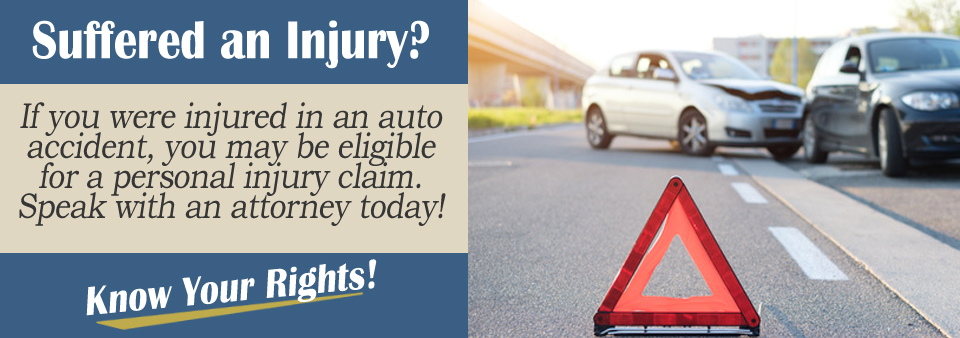If you have been involved in a merging accident, your personal injury claim could be affected by the kind of negligence that is used for personal injury claims in your state. Negligence is used to characterize behavior or conduct that results in putting others at risk for harm.
If you act negligently and that negligence causes an injury, you are legally responsible for the damages that result. To have a successful personal injury claim, the other party must show these four elements:
- The defendant owed a duty to the driver – which in this case was to exercise reasonable care for the safety of others.
- The defendant did not act reasonably and breached his duty, which means he was reckless or ignored traffic laws.
- The breach was the cause of the injuries of another.
- The defendant should have realized that his actions were irresponsible and could lead to a crash.
If these four elements are proven, then negligence has been shown. When negligence has been proven, then there is a successful personal injury claim. However, different states use different kinds of negligence. One form used is comparative negligence.

How Does Comparative Negligence Work?
When comparative negligence is used, the fault of all drivers is considered when damages are being determined. In the past, traditional comparative negligence made it impossible to recover compensation for injuries if the driver was determined to be any percentage of fault for the crash.
Now, there are two approaches for comparative negligence.
- Pure Comparative Negligence – When this approach is used, the plaintiff’s damage award is reduced by his or her percentage of fault for the crash. As an example, if the plaintiff was determined to be 40% at fault and the damages totaled $60,000, he or she could recover 60%, or $36,000 from the defendant.
- Modified Comparative Negligence – A common approach used in many states, this means that the plaintiff cannot recover damages if he or she is either equally at fault or more at fault than the defendant. This means that the plaintiff cannot be more than 50% at fault for the crash if he or she is to recover compensation for their damages.
A personal injury attorney can determine if you have a personal injury claim because he or she would be familiar with the laws in your states regarding negligence and personal injury claims.
Other Kinds of Negligence
Some states use contributory negligence for personal injury claims. This approach involves conduct that puts one at risk. As an example, if you cross the street when the sign is saying do not walk and you are hit by a car, then you have been negligent regarding your own safety.
Consult with A Personal Injury Lawyer
If you have been involved in an accident, you should consult with a personal injury attorney. Your lawyer will know how comparative negligence comes into play with your accident. Personal injury attorneys work on a contingency basis, so you have nothing to lose. Schedule your Free Case Evaluation today.